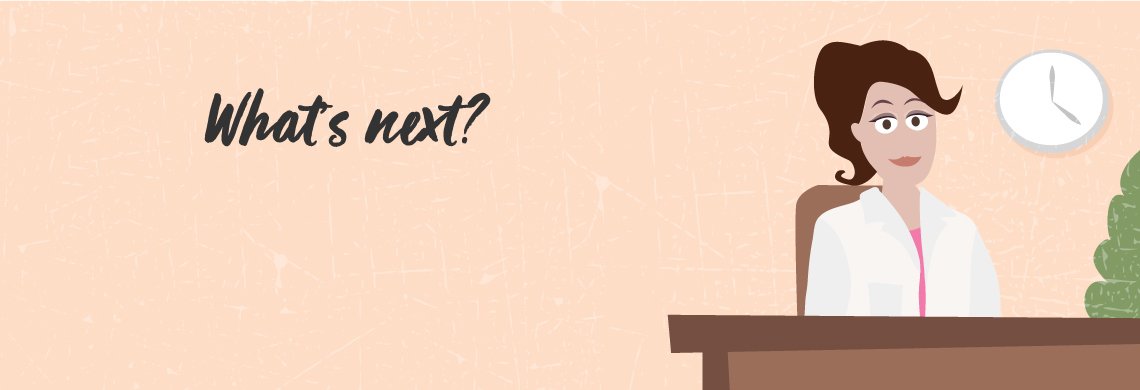
Hormone treatment hasn’t worked for me. What’s next?
When a woman experiences exceptionally heavy periods, a GP will initially suggest hormone therapy such as the contraceptive pill or a coil e.g. Mirena. It may seem strange, but in many cases, they’re caused by hormone levels being unbalanced. But what if hormone therapy doesn’t work or the side effects outweigh the benefits?
What constitutes heavy periods?
Periods are different for every woman. Of course, no one looks forward to them, but for the majority of women, it is no big deal, simply part of life. However, for the 1 in 5 women who have to deal with heavy bleeding and other symptoms every month, it’s different story. Living your life around your period is no fun. Read more about heavy periods or menorrhagia, but the principle is simple: if you’re living your life around your period, it is time for action…
Help for heavy periods
To identify the right treatment, you need to know what’s causing your heavy periods. While any investigations are being planned, your GP will probably offer you a hormone therapy like the Pill or a hormonal coil. You will only be referred to a gynaecologist if the problem persists or a specific caused of your heavy periods e.g. fibroids, polyps or endometriosis, is identified.
Hormone therapy can help if your heavy periods are caused by a hormonal imbalance and not by polyps or fibroids, for example. It’s not right for everyone and some women experience side effects, which can make continuation with the treatment difficult. Identifying which treatment is right for you depends on both the cause and your preferences. So make sure you decide which route you want to take before you see your GP.
There are a number of possible treatments:
- Hormone therapy – suitable for hormonal imbalances, recommended for women who wish to have children.
- Non-hormonal therapy – suitable for hormonal imbalances, recommended for women who wish to have children.
- Endometrial ablation – suitable for hormonal imbalances, especially when the endometrium (womb lining) is too thick. Suitable for women who have completed their family.
- Hysteroscopy – suitable for polyps or fibroids.
- Hysterectomy – suitable for a range of conditions. Suitable for women who have completed their family. Unsuitable for women who are unable to take the time needed to recover.
You can find more information about the above treatments in our treatment overview.
Prepare for your visit to the GP
To get the most out of your GP appointment, make sure you’re prepared. What questions do you want to ask; a completed period diary, a symptoms list. If you’re having to live your life around your period and initial treatment isn’t working, it is important that you go back to your GP discuss other available options and ask if a referral to a gynaecologist would help.




